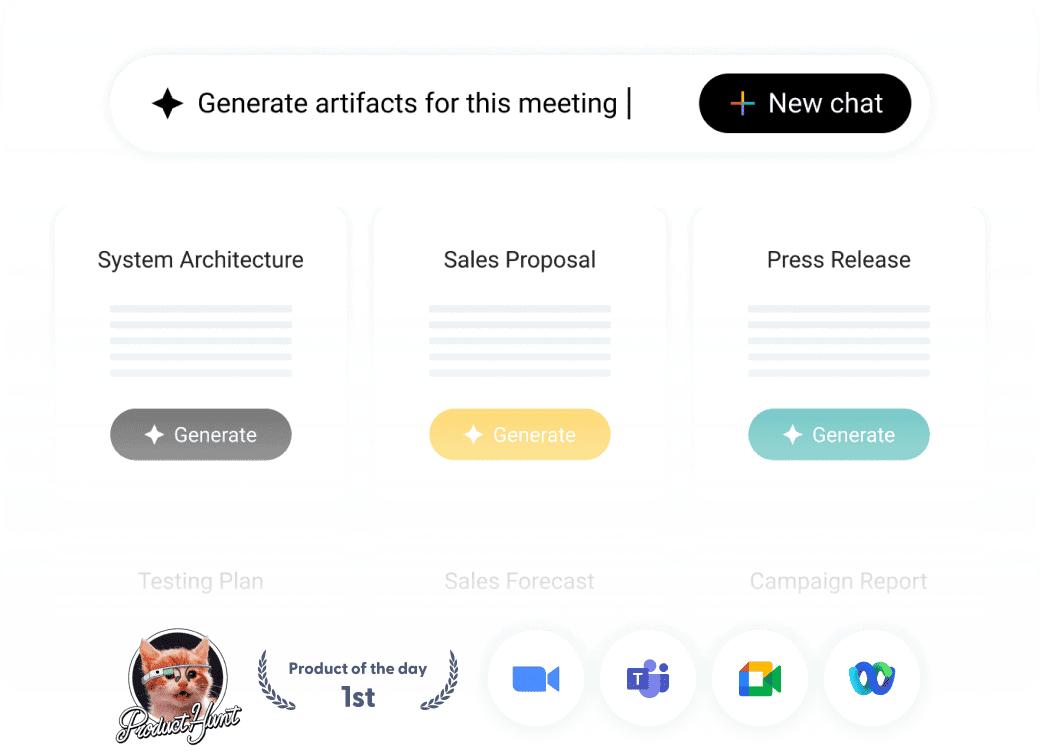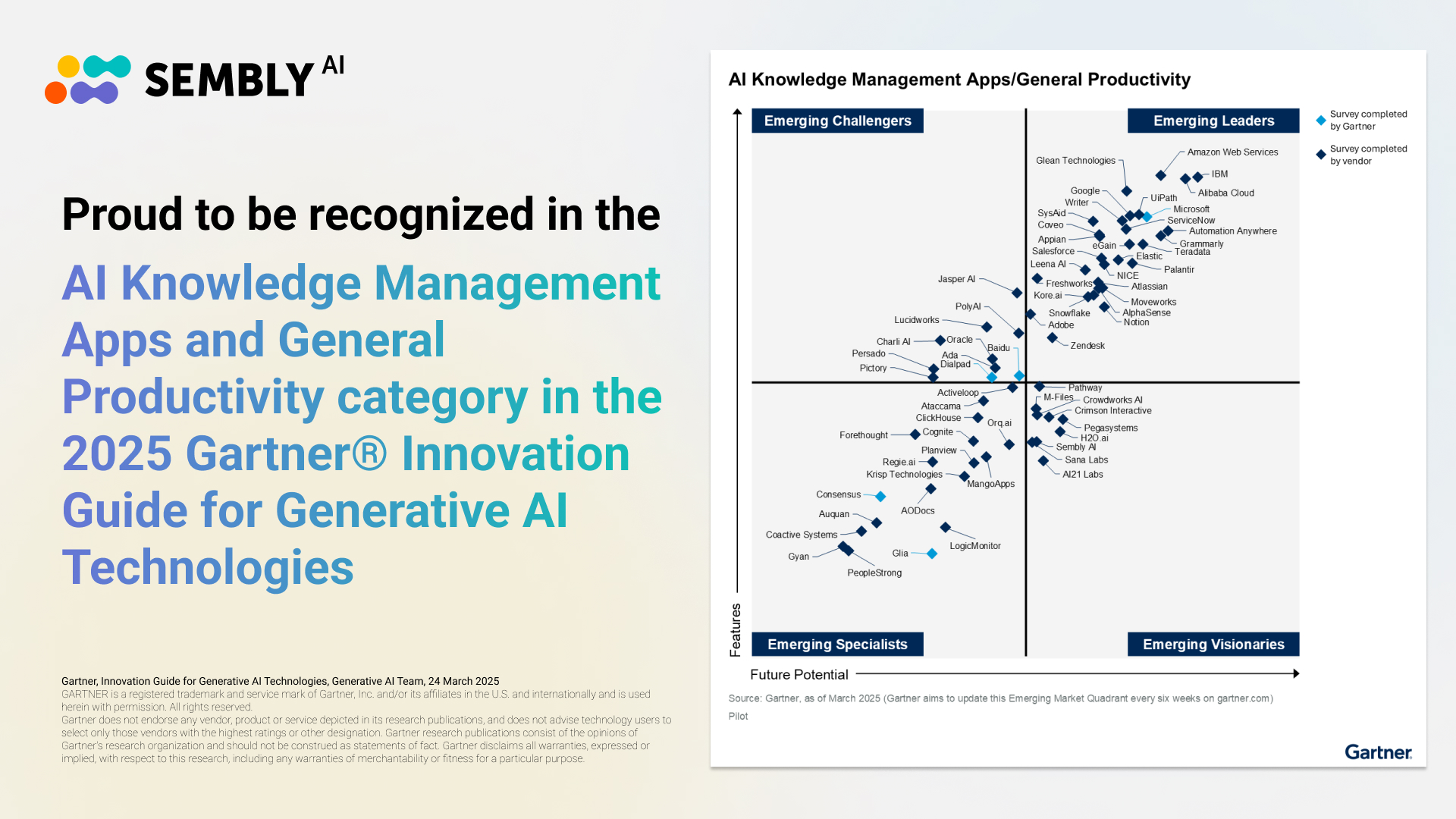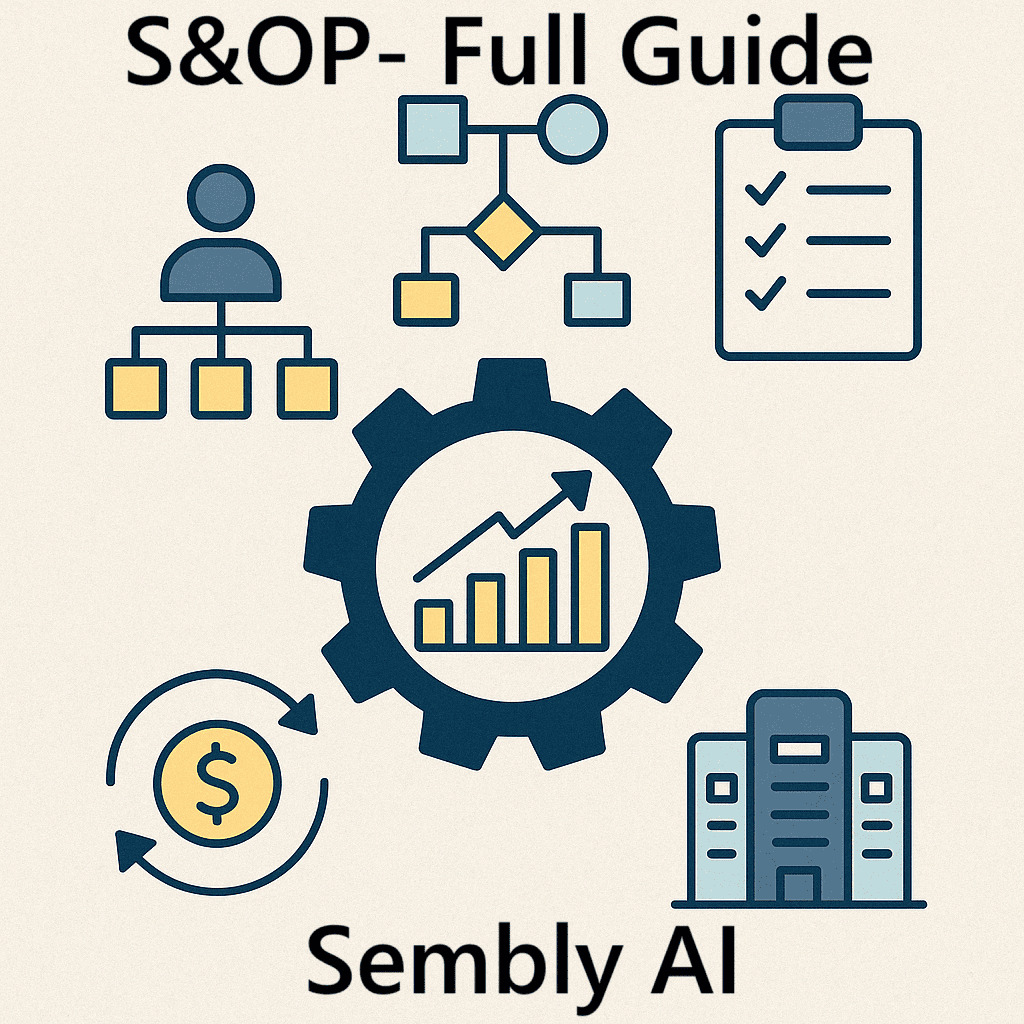Table of Contents
ToggleRecently updated on February 6th, 2025
The product manager position has grown significantly in recent years, proving its efficiency and important role in product life cycles. Skilled PMs engage in multiple tasks requiring intense research, data analysis, integrity, communication, and adaptability skills. This is why PM’s abilities often define the product’s long-term success. The more polished your skills as a PM, the more successful products you can launch throughout your career and work for top-tier organizations.
With a practically unlimited list of product management skills, the main issue both beginners and seasoned individuals may face lies in the question of what to focus on in the first place. Read on to learn more about must-have abilities for top-tier product managers.
Hard Skills vs Soft Skills for Product Managers
A successful product manager has skills from the soft and hard spectrum. Hard skills like data analysis, technical knowledge, and proficiency with tools form the backbone of strategic decision-making and technical execution.
Conversely, soft skills like communication, empathy, and leadership are vital for managing teams and improving collaboration. The balance between these two helps visualize a product management skills matrix, forming a complementary framework. This, in turn, enables managers to face challenges and adjust, bridging cross-functional teams and ensuring the entire life cycle is efficient and result-driven.
As industries evolve, product managers must retrain existing skills and obtain new ones, keeping their proficiency high. Doing that helps professionals interpret data and leverage technology while inspiring teams, resolving conflicts, and being user-centric. The right list of skills helps product managers build a competitive resume, becoming industry experts and thought leaders.
Let’s check out the twelve following skills needed for successful product management!
Main Product Management Skills to Master

1. Adaptability to Market Changes
Markets are perpetually in flux, no matter the niche, location, and demographics. Some markets might be more stubborn and shift slower, while others could transform too fast. In any case, adaptability to market changes is a skill required for any product manager. A PM must know when and how to step back to make the necessary calculations and ensure the product lands on the market at the best time with the best value.
This adaptability isn’t only about external shifts but also internal flexibility. Whether faced with resource constraints, product team turnover, or expected technical challenges, resilient product managers can recalibrate priorities and maintain momentum without compromising product quality or timelines.
2. Effective Communication Skills

Communication and interpersonal skills are the glue that holds a product’s lifecycle together. Pitching ideas to internal stakeholders, discussing the internal capacity with software dev teams, and brainstorming ideas with sales and marketing crews require product managers to know and apply different communication strategies. These entail the knowledge of business language, technical terms, and advertising methods to ensure each group has no misunderstanding.
Effective communication-related product manager skills go beyond oral speaking. Written documents are as critical in product management. Crafting detailed product roadmaps, gap analyses, and prioritization frameworks requires precision and clarity. Poorly composed or ambiguous documentation can lead to misaligned efforts, delays, and wasted resources. Managers can use tools like Sembly AI to create streamlined, high-quality documents that enhance cross-functional performance and save valuable time.
3. Data-Driven Decision Making
The modern product landscape stepped away from intuition long ago. The ability to collect, interpret, and apply data from diverse sources–market research, surveys, and customer feedback–is pivotal for making informed product decisions. Managers must discern market trends, identify gaps, and anticipate challenges through rigorous data analysis. With the right tools and methodologies, they can predict business outcomes, assess risks, and validate product ideas before committing valuable resources.
Assistants like Semblian 2.0 can pull actionable insights from internal meeting data and competitors, covering a great portion of work that would otherwise have to be done manually by product managers. Making informed decisions based on qualitative and quantitative data is one of those crucial skills for product management that ensures the product aligns with the market, meets business goals, and features a long-term, scalable value proposition.
4. Customer-Centric Approach
A product’s success hinges on addressing customer needs and pain points. Client-orientedness involves continuous engagement with end-users to gather feedback, understand their preferences, and polish the product. Empathy is crucial here, as product managers must see beyond the numbers and statistics to fully understand user behavior and what product features attract and push people away.
PMs can create solutions to meet core expectations and delight people through customer journey mapping, persona development, usability testing, and direct interaction. This often leads to growing loyalty, retention, and advertising.
5. Strategic Thinking and Vision

The role of product management is as much about the future as it is about the present. Strategic and critical thinking entails envisioning the long-term product trajectory and its place within the business. Managers must develop a product vision that doesn’t only consider incremental improvements based on industry trends and technological advancements. PMs must also take into account possible situations when pivoting might be the best option to quickly terminate the project and focus on something with bigger potential.
Keeping the big picture is vital throughout all the product management stages. Doing so will ensure that the primary purpose and direction keep in line with the current market situation.
6. Technical Proficiency

Technical skills don’t mean a product manager can replace professionals and execute complex tasks like programming and engineering. However, they must at least understand the technical side of product development, including stages, fundamental processes, and what it might take to create something from scratch. Familiarity with programming concepts, software development, and system architecture enables them to bridge the gap between different teams.
An excellent product manager isn’t just a task assignor and a mediator. Indubitably, they must clearly know how to assess technical feasibility, estimate timelines, deliver messages, and manage cross-functional collaboration. However, they must also be aware of the emerging technologies and their potential business impact.
7. Time Management and Prioritization
Time management and prioritization are cornerstone product manager skills, given the number of responsibilities and tight deadlines. Effective prioritization skills ensure that critical tasks receive attention first while minimizing wasted effort on less impactful activities. Any initiative can suddenly demand more effort, and managers must anticipate and do their best to predict it and invest in it immediately without disrupting related tasks.
On the other hand, time management improves personal productivity, influencing teams and their workflows. Knowing how to spot and handle shifting priorities goes a long way in making a product manager an invaluable asset to any company, often defining its market success.
8. Risk Management Skills

Risks come in many shapes and forms, making the job of a product manager full of challenges. Market shifts, technical problems, and budget issues can take a huge toll on the product’s ultimate success if not managed proactively. An expert PM must conduct thorough risk assessments and have well-thought-out contingency plans to address potential roadblocks.
In addition, managers must have unique approaches to any product team in case of such risks. They are obliged to provide the workforce with effective handouts on surfacing risks early, reporting emerging issues, and resolving them autonomously.
9. Leadership and Team Building
A product manager cooperates with multiple teams daily, so strong team-building and leadership skills are paramount to ensure each group gets tailored and efficient supervision and collaboration. A PM leads by example, garnering trust and respect through clear communication and accountability.
They excel in emotional intelligence, are good at active listening, and are open to clarifications and discussions. Doing so allows managers to identify and capitalize on individual strengths, creating productive and friendly environments where team members know they are valued and can freely contribute.
10. Agility in Product Management

Agile product managers hold firmly iterative development, quick feedback loops, and continuous improvement, also known as planning, executing, and evaluating. This versatility empowers managers to adjust to the competitive landscape, tackle unforeseen challenges, and meet business goals against all odds. Agile frameworks vary by business and product managers’ ways of task completion. Finding the ideal methodology is an essential skill that often determines a product manager’s efficiency and integrity.
11. Ethical and Inclusive Decision Making
Product managers carry a responsibility to uphold ethical principles and ensure inclusivity. Ethical decision-making involves considering the long-term societal impact of a product, such as data privacy and security.
Regarding inclusivity, it ensures that the product attracts and accommodates potential users across different demographics, preferences, and cultural contexts. This puts extra pressure on PMs, who must actively challenge biases in algorithms, internal discussions, or user assumptions to build equitable solutions.
This approach helps mitigate reputational and legal risks, first to the product manager and then to the company. An expert product manager knows how to embed ethics and inclusivity into every product lifecycle stage, including ideation, design, development, and launch. This strategic foresight ensures products tap into multiple niches and user categories, providing a universally positive experience.
12. Understanding AI and Machine Learning
As artificial intelligence (AI) and machine learning (ML) have started weighing much more in modern business, they are no longer optional competencies for product managers. Unlike other tech skills, which are good for PMs to have but are often elective, a deep understanding of AI and ML is critical for ongoing innovation, competitiveness, and company success. Product managers must grasp how these technologies function, their required datasets, inherent limitations, use cases, industry adoption, and potential.
Product management skills in AI help personalize user experience and deliver a tailored experience (all over digital pages, from social media to streaming platforms) based on user behavior. This also enables PMs to set priorities to ensure their product remains visible and attractive on the web.
Similarly, ML helps analyze data, forecast demand, and identify trends worth tapping into. A PM with ample AI and ML experience can better decide whether off-the-shelf or custom-built AI software has less significant trade-offs to pick, balancing time, cost, and effort better.
The degree of familiarity with the AI/ML-powered product development process is even higher for those managers who lead AI-driven products. Among other things, this includes knowledge of training data models and evaluation metrics.
In addition, product managers must utilize professional tools in their work to ensure seamless communication and a smooth development cycle. Sembly AI checks all the boxes, offering many features that determine PM’s ultimate efficiency and success score. With Sembly, you can rest assured that no meeting detail, idea, or item will slip your attention. You can easily record meetings and get accurate transcripts with highlights immediately after the conference, even without your direct call attendance.
Sembly AI aims at a single goal: boosting your performance, whether you need communication, analysis, or reporting improvement. With the newest intelligent assistant, Semblian 2.0, you can automate deliverables, such as road maps, product strategic vision outlines, specs and product required documents, and release notes–without technical product manager skills! Just form your query and ask an intelligent assistant to provide a useful output based on your company meeting activity. You’ll get insights, key action items, and progress tracking reports momentarily.
Skill Trends for Future Product Managers
It’s quite challenging to outline critical skill trends for future product managers, as the digital landscape must continuously find workarounds to emerging issues. Some product manager skills might be imperative for one area but secondary for another. Therefore, it’s crucial to examine each position within a specific market.
With that said, one thing remains clear: working with individuals and building teams to deliver value will be on top of the trend chain.
Moreover, the more profound knowledge product managers get of technologies like AI and ML, the more irreplaceable they will be to the company. With its decentralized potential, blockchain also has a high chance of becoming one of the product management essentials, driving companies toward ultimate transparency.
Besides product management hard skills, there might be a spike of new soft abilities getting into the scene. As business work models gravitate toward employee flexibility, product managers must find new, effective ways to engage the workforce scattered around the globe. This requires navigating complex team dynamics across geographies, time zones, and individual issues.
All these skills for product management, combined with a forward-thinking mindset, commit to leading and motivating teams significantly better, regardless of environments and incoming challenges.
FAQs
What makes these skills essential in 2025?
The mentioned skills equip product managers to handle complex challenges, adapt to new technologies, and deliver innovative, customer-focused solutions. They help managers anticipate challenges, minimize risks, and create value in evolving and competitive industries.
What should product managers do to learn and improve these abilities?
Aspiring managers can take online courses, study industry reports, and gain hands-on experience discovering new product strategies. Leveraging tools like Sembly can streamline workflows and enhance decision-making. Documenting progress and reporting for further self-reflection and analysis can also provide deeper insights and sharpen product management skills.
How does an industry impact these skills?
Each industry prioritizes certain skills, but a balanced approach ensures a list of applicable product management competencies to succeed in any sector. Therefore, understanding industry-specific trends and acquiring technical skills related to AI and ML in advance will help PMs build and align their product strategies with market specs and demands.
Introducing Semblian 2.0
- ✦ Multi-Meeting Chats
- ✦ AI Insights
- ✦ AI Artifacts










